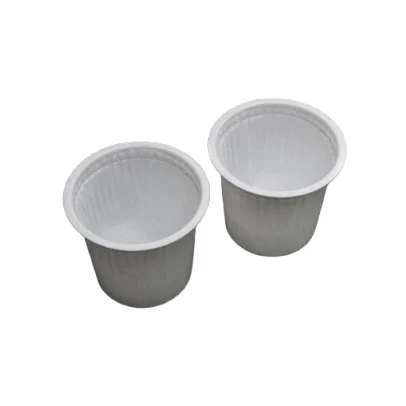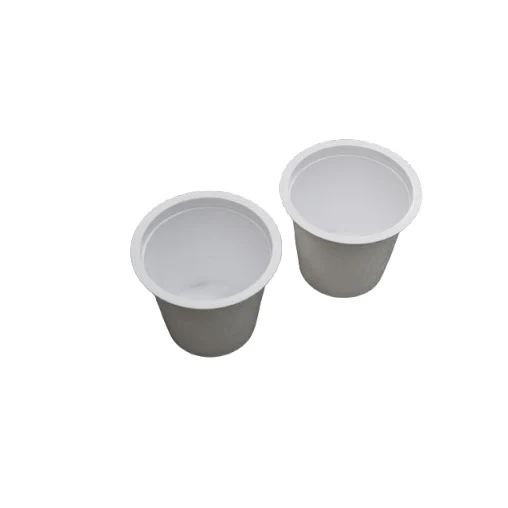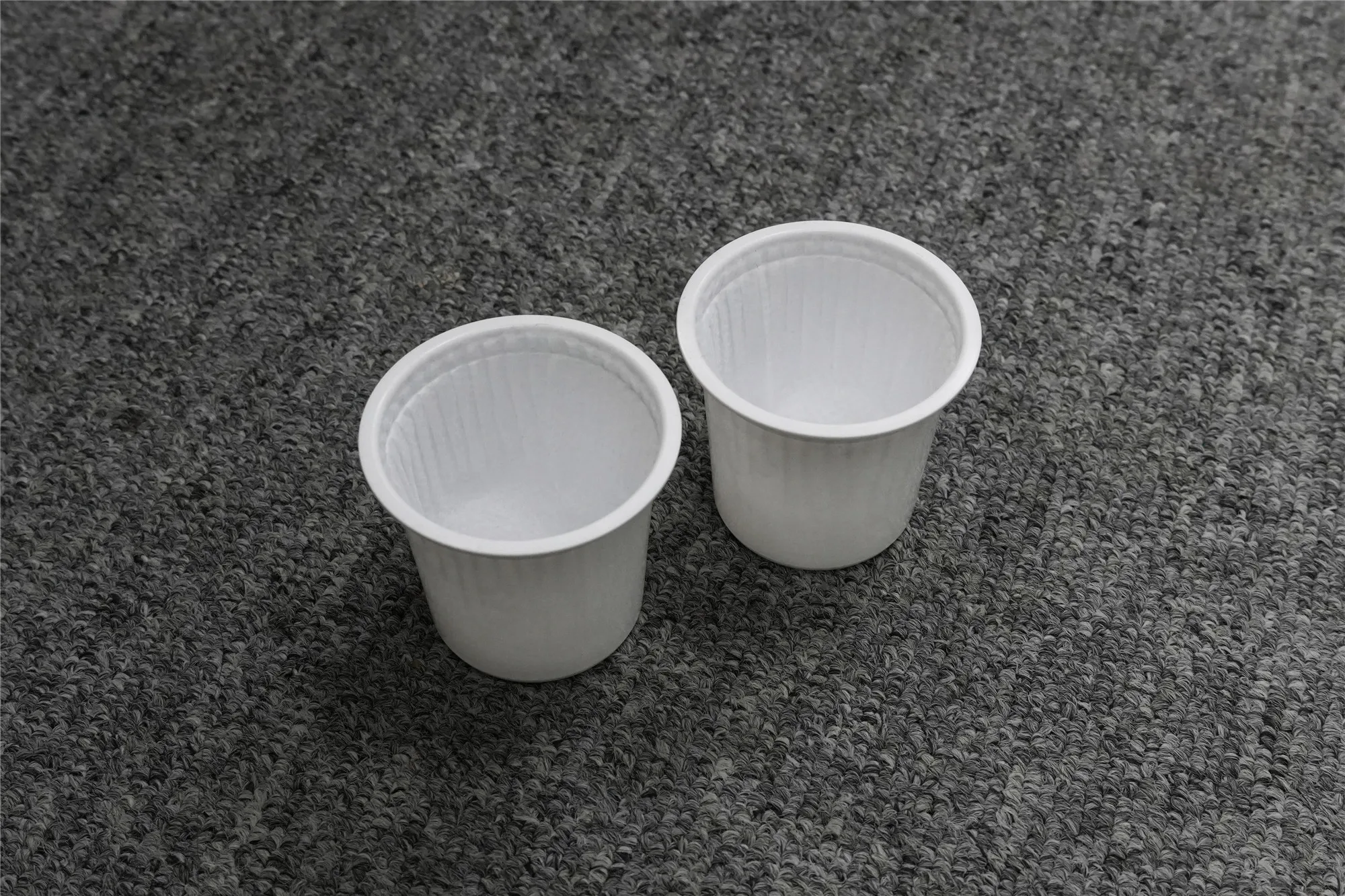1. What materials are used for Keurig K-Cup capsules?
Keurig K-Cups are typically made from a combination of plastic, aluminum, and filter paper. The outer shell of the K-Cup is
usually made of food-grade plastic, while the lid is made of aluminum foil to ensure a tight seal. Some K-Cups also include a non-woven filter inside, typically for tea or coffee grounds.
2. Are K-Cups recyclable?
Traditional K-Cups, made of plastic and aluminum, are not fully recyclable in many places. However, some brands have shifted towards recyclable plastic or compostable materials. The foil lid and plastic base need to be separated for proper recycling, though this is not always feasible in some recycling facilities. There are also reusable K-Cups available for individual use.
3. What is the capacity of a standard K-Cup capsule?
A standard K-Cup holds approximately 9 to 12 grams of ground coffee, or a similar amount of tea leaves or other content. The liquid output from a K-Cup after brewing is usually 6 to 12 ounces of coffee, depending on the machine and brew size settings.
4. Can K-Cups be used for other products besides coffee?
Yes, empty K-Cups can be filled with a variety of products, such as:
* Tea leaves or herbal tea (with or without a non-woven filter).
* Powdered milk or creamer.
* Nutritional supplements, spices, herbal extracts, and more.
* Some even use them for cosmetics (e.g., facial masks or creams) or liquid concentrates.
5. Can empty K-Cup capsules be used for food packaging?
Yes, empty K-Cup capsules can be used for a variety of food products, especially for single-serve applications. They are ideal for products like single-serve tea, coffee powder, spices, and supplements due to their portion-controlled nature. However, proper food safety standards must be adhered to during filling and sealing processes.
6. Are there any special sealing or filling requirements for K-Cups?
Yes, the sealing and filling processes are essential to ensure the K-Cups are properly sealed to avoid leaks, contamination, or loss of freshness. Many manufacturers use specialized machines for automatic filling and sealing. The proper heat-sealing process is necessary to ensure that the aluminum foil lid is securely attached to the plastic base.
7. What certifications should a K-Cup packaging facility have?
A facility manufacturing K-Cup capsules should adhere to strict Good Manufacturing Practice (GMP) guidelines to ensure product safety, quality, and consistency. Certification such as ISO 9001 (Quality Management) or ISO 22000 (Food Safety Management) is often required for manufacturers that deal with food and beverages.
Let me know if you need any more detailed information!
































